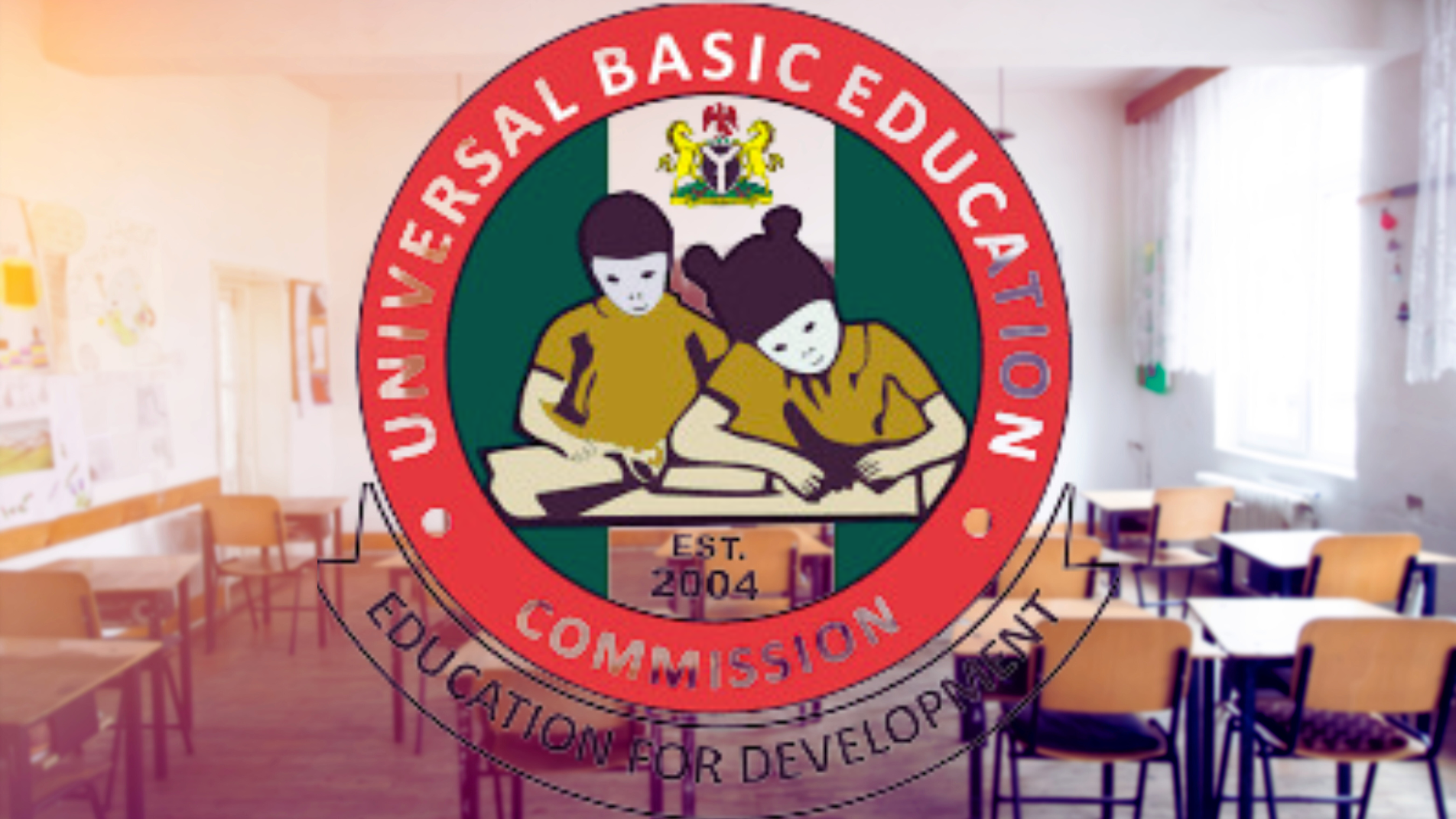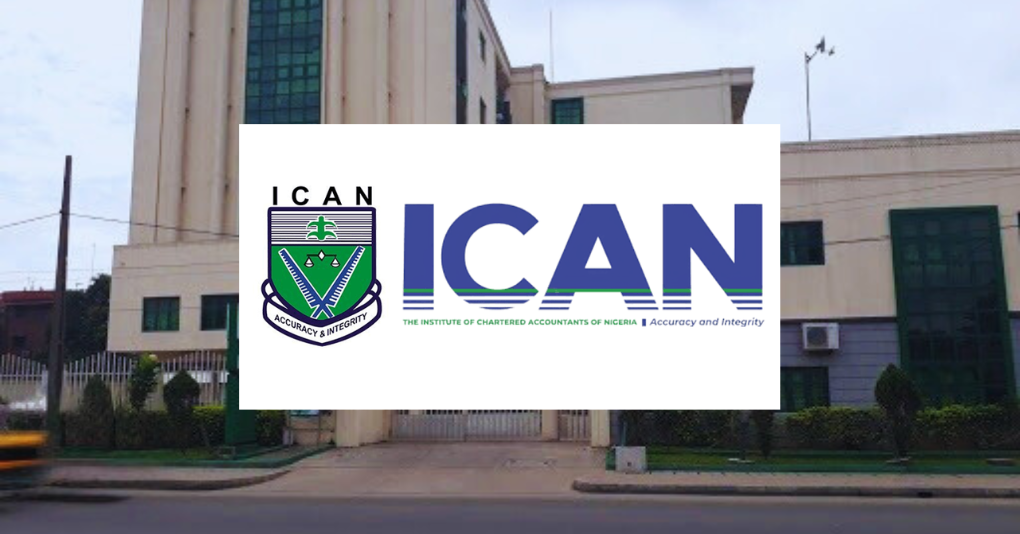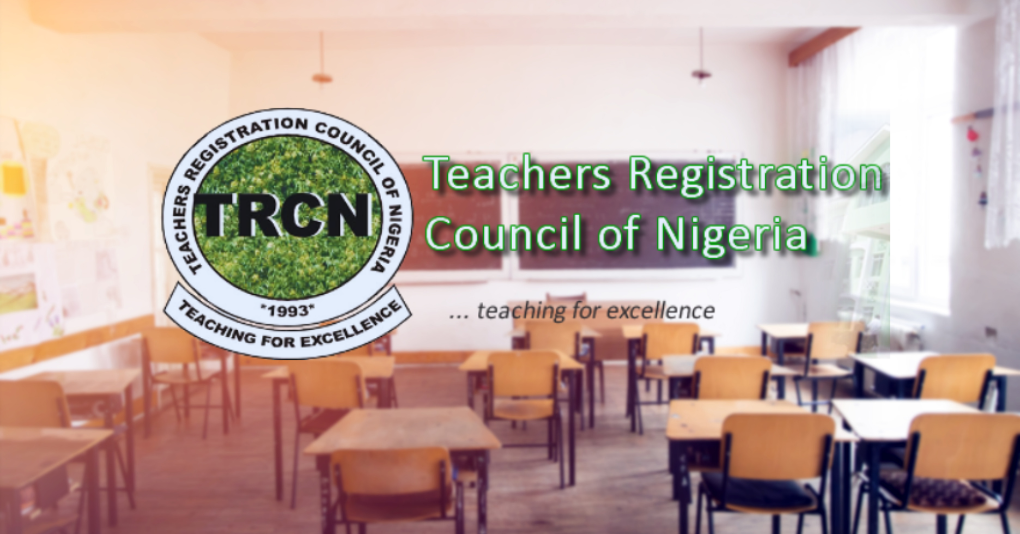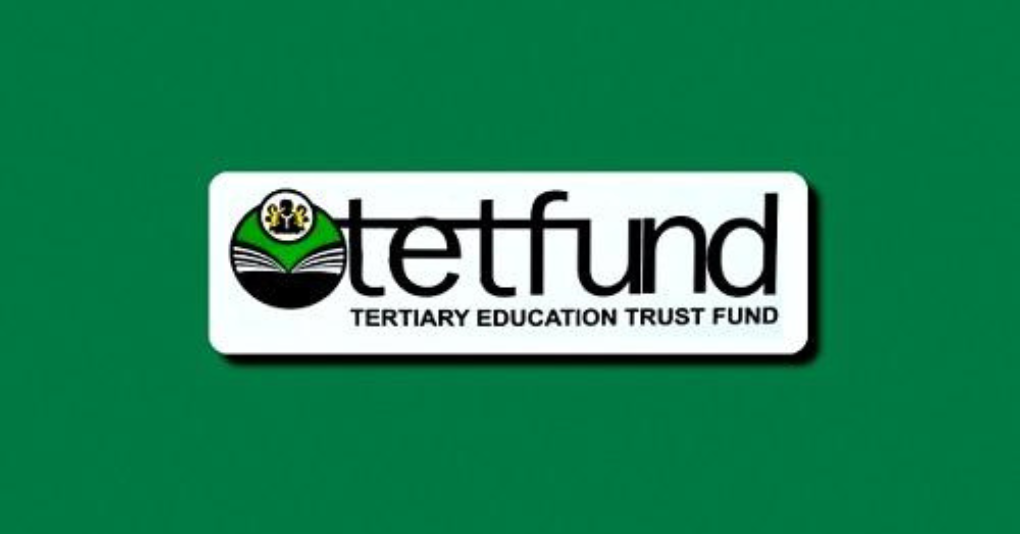The Universal Basic Education Commission (UBEC) has flagged off the training of 1,480 teachers selected from rural and hard-to-reach schools in the 36 states and FCT as part of an initiative to address the challenge of an acute shortage of teachers in rural areas of Nigeria.
The Executive Secretary of UBEC, Dr. Hamid Bobboyi, flagged off the nationwide training programme on multigrade and mixed ability approaches to teaching on Monday in Abuja, explained that because of the acute shortage of teachers in rural areas, there were situations where one teacher was assigned to teach different grades of pupils in one class.
The training programme is designed to equip teachers with pedagogical skills to be able to effectively teach pupils of different grades in a class in primary schools located in hard-to-reach and rural areas.
He announced that the training was necessitated by the current learning crisis being experienced in Nigeria which is partly caused by the high pupil-teacher ratio in most rural schools, saying that to effectively handle such classes, a teacher requires special innovative teaching strategies, hence the decision of the Commission to organise training for teachers on the multigrade and mixed ability teaching approach.
He mentioned that this approach allows teachers to create inclusive and dynamic learning environments where every student can thrive and succeed.
The Executive Secretary said one of the challenges facing Universal Basic Education (UBE) implementation across the country was the inability of students to access quality education that translates to improved learning outcomes due to their location.
“In rural and hard-to-reach areas, the provision of quality education is challenging as attracting and retaining qualified teachers is difficult, and this causes parents and guardians to be less inclined to enrol their children in school or withdraw them from school since their education needs are not met.
The Executive Secretary, who was represented by the Deputy Executive Secretary (Technical), Prof. Bala Zakari, expressed the commitment and interest of the Federal Government in providing an unfettered and quality basic education to every Nigerian child, notwithstanding their location and background.
“In 2022, training on multigrade was given to some teachers. Having received the report of its importance and how it has greatly helped the targeted teachers, the Commission is scaling it up to another set of teachers,” he said.
He added that the Commission initiated a capacity-building programme on multigrade and mixed classroom pedagogies for teachers in rural and hard-to-reach schools to equip them with skills for effective teaching and managing learners at different levels of grade in a class.
“In a world where classrooms are becoming increasingly diverse and complex, it is essential for teachers to be equipped with strategies that will enable them to effectively engage and support learners irrespective of their age, ability, interest, and socio-economic background.
He expressed the government’s commitment to addressing whatever challenge is facing effective teaching and learning and to making all learners in Nigeria able to effectively compete with their contemporaries globally.
As announced by the Director of Teacher Development at UBEC, Mr Mayowa Aleshin, a total of 40 teachers were selected each from the 36 states and FCT, bringing the total number of teachers being trained to 1,480.
He said the training underscored the fact that the government was addressing different challenges mitigating against effective teaching and learning in any location in the country.
“One of the solutions is the capacity building of teachers to arrest learning poverty in the schools in rural and hard-to-reach areas and to ensure every child in school receives a quality education,” he said.
While noting that the UBE programme ensures access is given to all, irrespective of location, gender, and social status, he said priority should be given to learners in hard-to-reach and rural areas.
He further noted that if the problem of out-of-school children must be addressed, priority should be given to rural schools, and opportunities should be given to learners in hard-to-reach areas to attain their maximum potential through education.
Share this post





Be the first to comment on this post